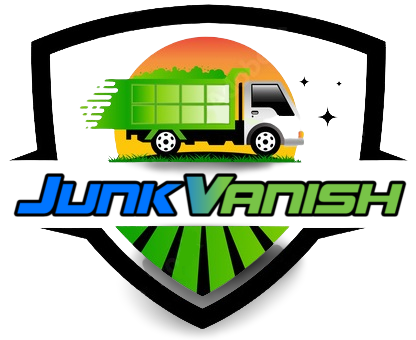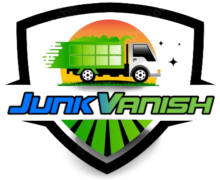Household junk is inevitable, and it can build up easily, whether it’s from regular cleaning, decluttering, or renovation projects. However, it’s important not to overlook the proper disposal of your trash to prevent harming the environment and promoting cleanliness in your neighborhood.
Here’s your ultimate guide to safely disposing of your household junk.
1. Prevention is Better than Cure
Prevention is paramount when it comes to the accumulation of household trash. Recycling, reusing, or repurposing items that you no longer need is an excellent way to reduce the amount of waste you produce.
By donating items such as clothing, household appliances, electronics, and furniture to charity organizations or recycling centers, they can remain in use, reducing the number of items that end up in trash sites.
2. Sort, Separate, and Organize Your Trash
Before disposing of any rubbish, it’s vital to sort, separate and organize it into appropriate categories such as recyclables, food waste, hazardous waste, and general garbage. This practice can minimize the impact of your trash on the environment.
3. Recycling
Recycling has become a crucial part of waste management, significantly reducing the number of materials that end up in landfills. Most cities have recycling programs, making it easy to recycle items such as metal, glass, plastics, and paper.
Ensure that you rinse off plastics, glass, and metal items before placing them in your recycling bin. The better they’re cleaned, the easier they are to recycle.
4. Hazardous Waste
Some household items are hazardous and must be disposed of appropriately. Examples of hazardous waste include batteries, light bulbs, pesticides, herbicides, cleaning chemicals, and paints.
Call or check your local government or municipality’s website for hazardous waste disposal sites. They have regulations specifying how hazardous materials must be managed and disposed of to prevent harm to the environment.
5. Garbage Collection Services
Most households have weekly or bi-weekly garbage pickups from their local government. To avoid any issues, familiarize yourself with your city’s regulations regarding proper garbage disposal.
6. Electronic waste
Electronic waste is an increasing concern globally. Examples of electronic waste include televisions, computers, cell phones, and tablets. Improper disposal of electronic devices can contribute to the accumulation of hazardous waste such as lead and mercury, which are harmful to the environment.
Recycling old electronic devices is becoming easier with drop-off points located in electronics stores. Most of these services are free or require a small fee.
7. Junk Removal Services
For those with too much waste to manage, hiring a waste removal company is an option. Junk removal services typically specialize in removing large items such as furniture, appliances, and building material.
Junk removal services typically charge by volume or weight, and prices vary from one company to another. Research and seek referrals from friends or family before choosing a removal company.
Conclusion
Properly disposing of household junk is crucial for protecting the environment and promoting a clean and healthy community. Avoid rushing to throw everything in the trash, and instead, practice sorting, separating, and cleaning before disposing of waste.
For items that need special attention, be sure to follow guidelines set by your local government or seek the services of a waste removal company. Remember, we have a responsibility to the environment and future generations to manage waste in a responsible and eco-friendly way.


